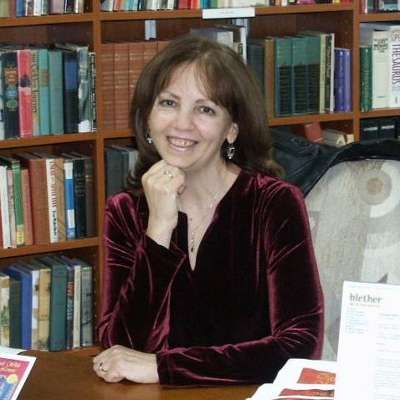“Leave your hoop skirts and swords at home,” the audience was advised, in order to avoid overcrowding when Handel’s Messiah premiered in Dublin in 1742. The request was prophetic; the oratorio remains one of the most popular, beloved classical works of all time. Musical giants who came after Handel were bowled over by the piece, which Handel dedicated on his original manuscript as, “To God alone the glory.” Ludwig van Beethoven cited Messiah as written by “the greatest composer that ever lived.” Enthralled audiences remain captivated 250 years after the composer’s death. In the 2014—2015 season, the piece was performed 38 times by 13 of the 22 largest American orchestras.
The Messiah was not originally intended as a Christmas piece; only the first third dealt with the birth of Jesus. But there’s no doubt as to why the piece has become a fixture of the Christmas season. The entrancing tunes, and the scope of emotion and drama portrayed in the work, make other Christmas music pale by comparison.
Beethoven would have delighted in the spectacular presentation by the Seattle Symphony on 16 December, his birthday. A quartet of exceptional, well-matched American singers, led by a young German-born female conductor, captured the hearts and minds of a wildly appreciative audience in a festive atmosphere.
Tenor Aaron Sheehan made a difficult task look easy. Being the first of the quartet to utter a note, he immediately demonstrated an exquisite quality that was absolutely perfect for the oratorio style, confirmation of his being an avowed devotee of the Baroque repertoire. His vocal range was consistent from top to bottom, his delivery was scrupulous, his diction was impeccable; and despite the light, lyrical attributes of his voice, he projected every word and every note throughout the hall.
Deanna Breiwick’s voice was appropriately angelic for Handel’s music and the text his librettist Charles Jennens wrote for soprano. In Part 1, she sounded a bit too delicate for the size of the hall; however, she incorporated tasteful ornamentation, fearlessly added a splendid high C to her already florid vocal lines and displayed an impressive technique. After the intermission, in Parts 2 and 3, she seemed to warm up and projected much more effectively.
Mezzo-soprano Eve Gigliotti added genuine emotion to her full, ample vocal sound. She acted out the text appealingly, and brought out the beauty of each note of the music and word of the text. She, too, enhanced her lines with appealing embellishments and managed to interpolate a high A in a way that was stylish and fitting.
Will Liverman, who recently appeared as Figaro in Seattle Opera’s The Barber of Seville, demonstrated his ability to make effective use of his superb voice in both the operatic and oratorio genres. The Chicago-based baritone is one of the most versatile singing artists performing today, being equally skilled in classical repertoire and less mainstream works such as the chamber opera Charlie Parker’s Yardbird. His rendering of Handel’s glorious arias, often performed by a bass, was astonishingly forceful. Clearly he gloried in the high notes, but his powerful tone was elegant and polished in every range.
Ruth Reinhardt, a recent conducting fellow at the Seattle Symphony and now assistant conductor of the Dallas Symphony Orchestra, gave an impressive interpretation of this Baroque masterpiece. She showed a sensitive understanding of the style, and her technique was clear and vigorous. Some of the tempi seemed overly lively for this writer’s taste. However, on the positive side the performance moved at a spirited pace and never lagged.
The use of so-called “authentic” practices in the Baroque repertoire is generally thought of as controversial for those who were musically trained in the 20th century. For 20th century ears, the minimal use of vibrato in the stringed instruments, especially the violins, sounds a bit dry and lackluster. Nonetheless, the overall sonority of the pared-down orchestra was excellent. The placement of the violas behind the cellos and adjacent to the string basses was interesting, adding an appealing richness to the sound as a whole.
The Seattle Symphony Chorale provided an impressive contribution to the evening’s festivities. Their sound was resonant and mellow, and they skillfully managed to keep up with Reinhardt’s brisk tempi without missing a note.
Special mention goes to the Seattle Symphony trumpets, who performed magnificently. The placing of the trumpets in the balcony in Part 1 provided a distinctive surprise to the audience; as if sounding from heaven itself. The solo trumpet playing in the cherished favorite, “The Trumpet Shall Sound,” was some of the best this writer has heard: spectacular, bright sound, flawless technique, striking ornamentation; all blending gorgeously with Liverman’s dynamic interpretation of the text. A perfect prelude to the final “Forever and forever” chorus. Amen.


